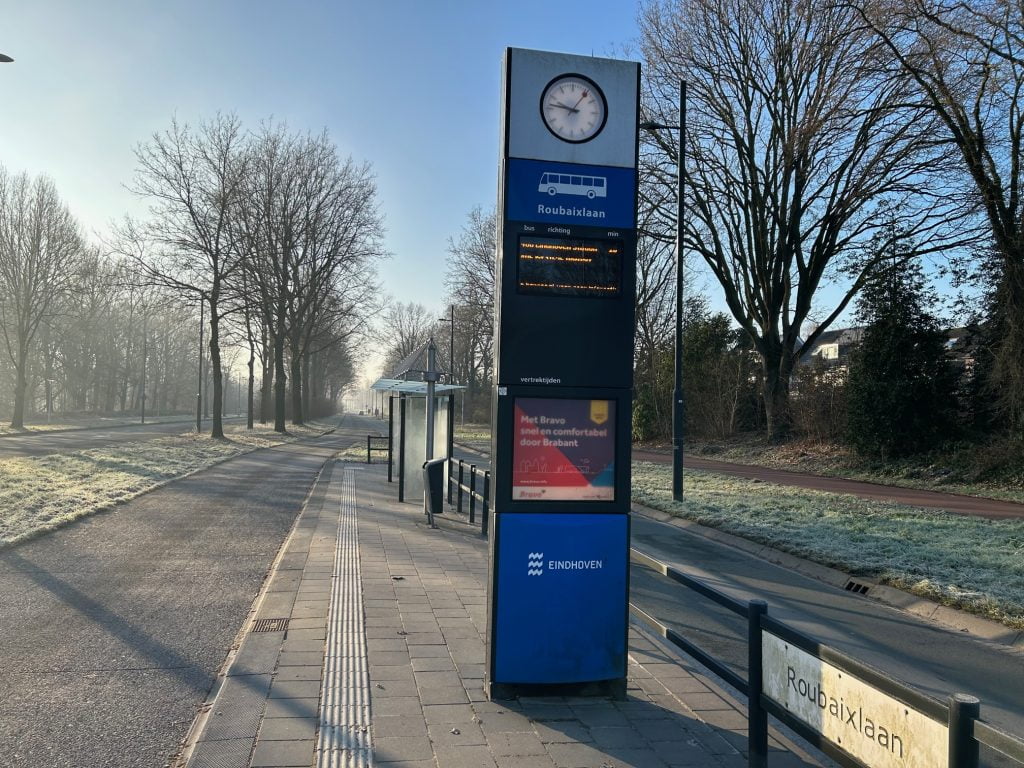Provinces must be able to arrange regional transport themselves.
A new private member's bill, submitted by the NSC and PvdA/GroenLinks parties, could open the door to a significant change in how public transport is organized in the Netherlands. The proposal aims to give each province the opportunity to set up their own public transport company, a step that the proposers say is essential to halt the threatened decline of bus and train connections in sparsely populated areas.
The plan, driven by the observation that regional transport is under increasing pressure, aims to improve accessibility in rural areas. While large cities such as Amsterdam, Rotterdam and The Hague already have their own transport companies, sparsely populated regions struggle with the constant threat of cancellation of scheduled services. According to MPs Van Dijk (NSC) and De Hoop (PvdA/GL), this proposal would give provinces the instruments to counter this trend.
The situation is particularly dire in provinces such as Zeeland, where no company has been prepared to arrange transport for future bus transport from 2025. The flexibility for provinces to devise their own transport solutions is seen as a crucial step to coordinate public transport to the specific needs of local communities.

"The core of the system is not correct," says Marijn van der Gaag, director of FNV Streektransport. 'Cost savings often yield more than investing in additional connections. Carriers are thus incentivized to more quickly eliminate unprofitable lines and worsen the driving and rest times of drivers. This creates a sky-high workload.'
De increasing problems around regional transport, characterized by late buses, unaffordable tickets and staff shortages, emphasize the urgency of the proposal. Especially in rural areas, it is becoming increasingly difficult to travel by public transport, something that De Hoop specifically addresses as a growing obstacle to daily activities such as work, school or family visits.
support
The proposal already has the support of the FNV trade union, which sees it as a necessary correction to a system that is too focused on efficiency and cost savings at the expense of service and accessibility. FNV director Marijn van der Gaag criticizes the current model for creating a sky-high workload among drivers and reducing services to travelers. The union advocates a system in which provinces can share financial risks and work together to improve public transport.
While the bill still has a long way to go, with advice from the Council of State and consideration in the House of Representatives in the offing, it is seen as a crucial step to turn the tide and make public transport in the Netherlands future-proof. The FNV emphasizes the importance of this change by presenting the 'White Paper on Regional Transport' to the House, a document full of recommendations for the short and long term improvement of regional transport. According to Van der Gaag, there is still a long way to go. 'But for now the following applies: stop the demolition, make the countryside more accessible, with a reliable timetable, with affordable fares.'




